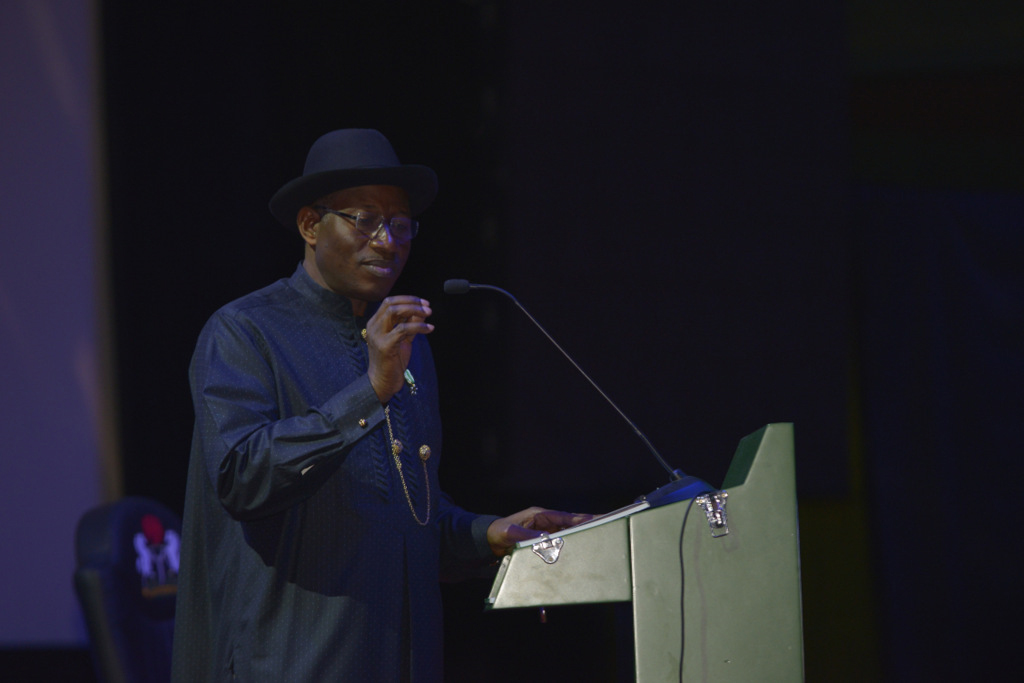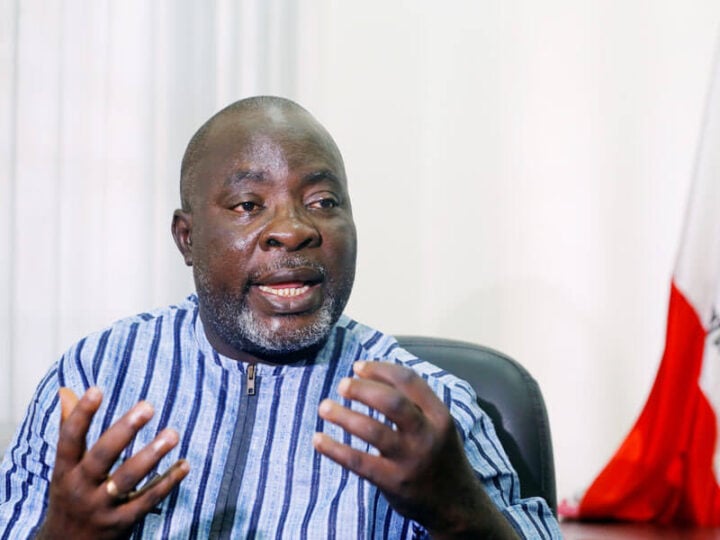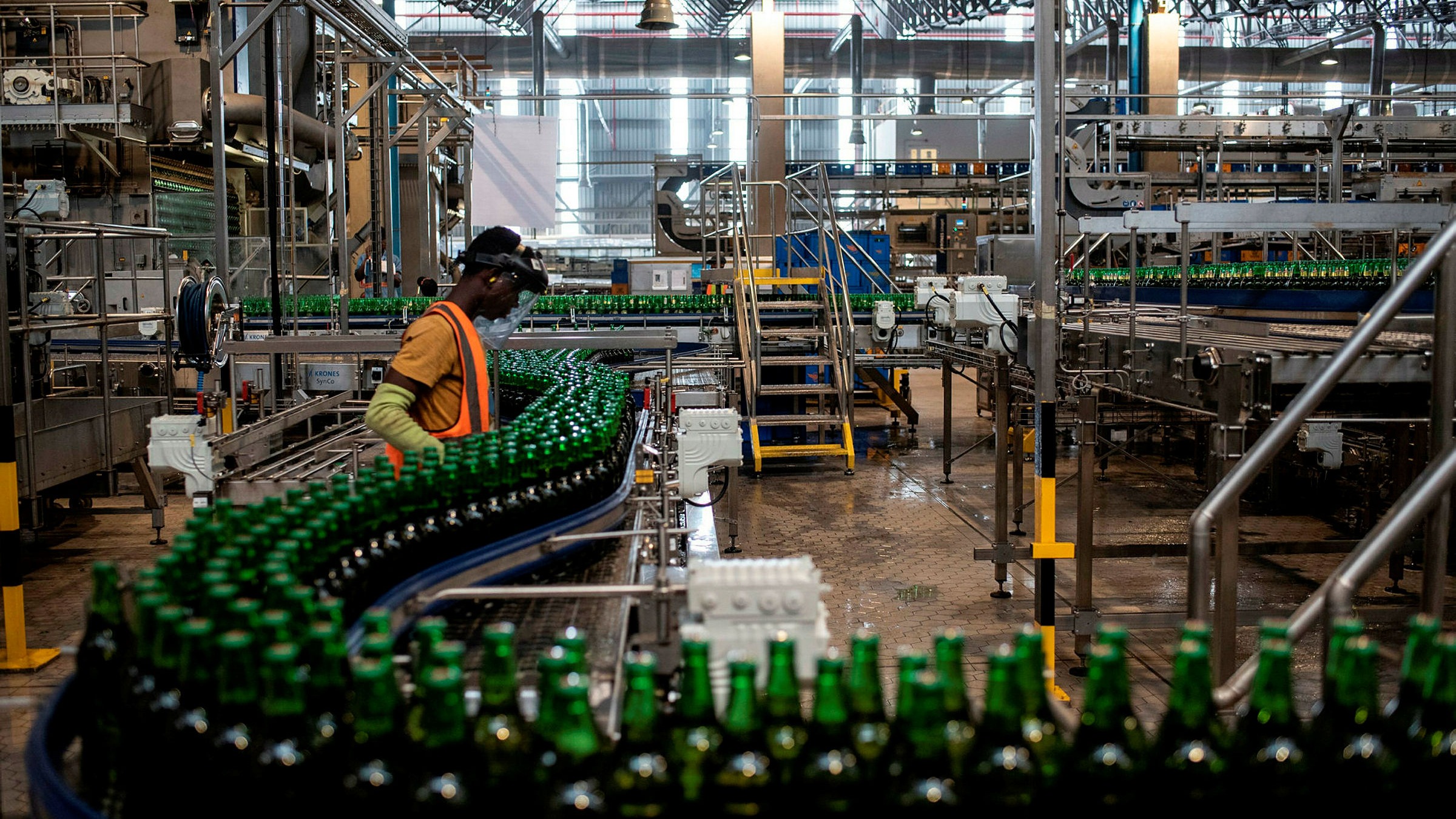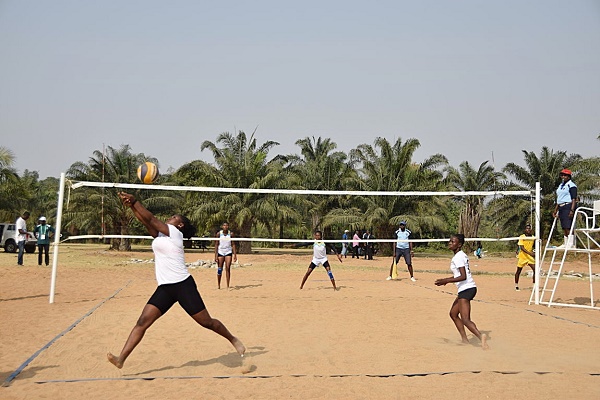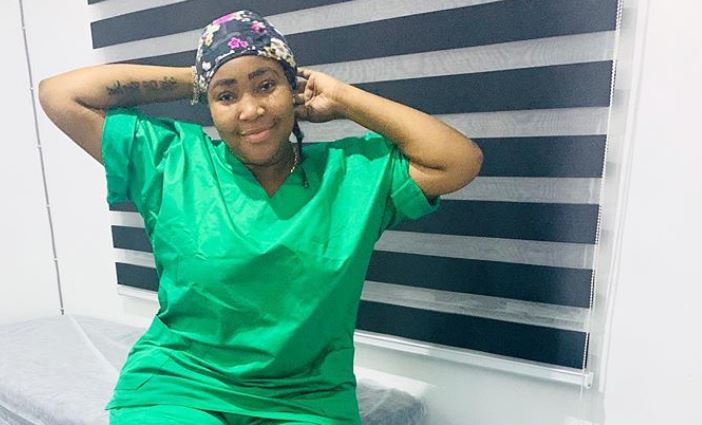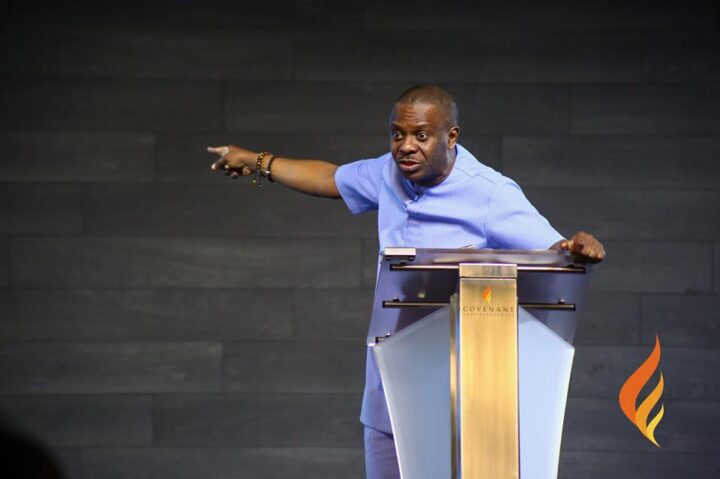BY ISRAEL OJOKO
Nigeria is presently experiencing one of its worst security challenges since the end of the civil war on January 15, 1970. Just like the civil war where the immediate causes, in 1966, were more than one — ethnoreligious violence, a military coup, a counter-coup, persecution of Igbo living in Northern Nigeria, and control over the lucrative oil production in the Niger Delta — the current security challenges are caused by Boko Haram terrorists, bandits, kidnappers and unknown gunmen among others.
I do not wish to bring back the memory of the outcome of the 1967-1970 civil war, but I wish to state that just as Nigerians died during that period, many Nigerians are dying daily today as a result of insecurity.
So far in 2021, which is just five months old, or less, all six geo-political zones in Nigeria have experienced preventable killings.
In the north-central which has seven states comprising Niger, Kogi, Benue, Plateau, Nasarawa, Kwara, and FCT, two of those states (Niger and Benue) have suffered massive deaths.
Advertisement
On March 26, there was news that dozens of motorcycle-riding assailants called bandits opened fire on vigilantes in an ambush outside Kotonkoro village in Mariga district in Niger state, killing 25 including a soldier.
This assault happened just one month after some gangs kidnapped 42 people, including 27 students from an all-boys boarding secondary school in Kagara town in Niger state.
These two incidents happened less than two months after Niger state governor Abubakar Bello met behind closed doors with the President, Muhammadu Buhari, over the security situation in his state on January 6. After that meeting, the governor told state house correspondents that he got a commitment from the president that the issue would be addressed.
Advertisement
Has the issue been addressed? Your answer is as good as mine.
In one of the two major attacks that happened in Benue state in the month of April alone, one officer and ten soldiers were killed by suspected bandits. Another attack was at the Abagena IDP camp. Governor Samuel Ortom later lamented that over 70 persons were murdered in less than two weeks.
Ortom had met with President Buhari at the state house in March, after an attempt on his life, to discuss the security problems his state was suffering. That meeting proved unproductive following the many killing that followed.
The north-east zone has six states; Bauchi, Borno, Taraba, Adamawa, Gombe, Yobe, and Borno, the headquarters of Boko Haram attacks.
Advertisement
Babagana Zulum, a professor and governor of Borno, held a meeting with Buhari on April 26 to, for the umpteenth time, discuss the terrible security situation in his state.
His visit became imminent after Boko Haram terrorists, on April 25, overran a Nigerian army base in Mainok town, killing more than 30 soldiers before pulling back in the face of airstrikes. On the same day, an airstrike by the Nigerian airforce accidentally killed about 20 soldiers, according to reports.
In March, terrorists attacked a military convoy in Gudumbali in the Lake Chad region, killing 15 soldiers and four Joint Task Force members. The killing of civilians and military personnel has been happening since the insurgents began operation in 2009.
In the north-western geo-political region with Zamfara, Sokoto, Kaduna, Kebbi, Katsina, Kano, and Jigawa states. Kaduna, believed to be the citadel of Nigeria’s military, is suffering killings, kidnappings, and banditry challenges. I know it sounds ridiculous.
Advertisement
For a state that houses the Nigerian Defence Academy, Armed forces command, Nigerian airforce base, Nigerian military school, and police command, it is absurd to read that bandits and kidnappers are carrying out operations unhindered.
On April 22, Northern governors held a security meeting with Buhari in Aso Rock. In attendance were Simon Lalong of Plateau State, governors of Kebbi, Atiku Bagudu; Kaduna, Nasir El-Rufai; Yobe, Mai Mala-Buni, Niger, Abubakar Bello; and Nasarawa, Abdullahi Sule.
Advertisement
Three days after that meeting where the president assured the Northern Governors Forum of his commitment to end all forms of insecurity in the country, gunmen attacked Haske Baptist Church at Manini village, in Chikun LGA of Kaduna state, and shot dead one Zechariah Dogonyaro. Four other persons were reportedly abducted.
Down to the south-east comprising of Enugu, Imo, Ebonyi, Abia, and Anambra states, Imo governor Uzodinma has become hopeless as he is obviously overwhelmed with the many security problems under his watch.
Advertisement
Uzodinma held a meeting with Buhari on Tuesday, February 23 in Abuja. On April 5, armed men invaded the headquarters of Imo state police command and the Nigerian Correctional Service in Owerri, burnt the facilities, and according to reports, freed over 1,800 inmates. Also in April, another police station in Ehime Mbano, Okigwe South LGA came under attack with five police officers paying the ultimate price of a failed system. These are just two of the many attacks and killings that have happened in Imo state so far this year.
Government facilities are the most hit in the south-east geo-political region. Enugu state has also suffered attacks on police formations and many lives have been lost in less than five months into 2021.
Advertisement
In Abia state, the Bende divisional headquarters of the Nigeria Police Force was attacked on the night of May 12, by the now infamous unknown gunmen. This was not the first time in 2021 that the station will come under security threat.
Three days earlier, the Independent National Electoral Commission (INEC) office in Ohafia LGA was attacked and set ablaze.
Delta state, on May 16, lost at least two policemen when unknown gunmen stormed the divisional police station in Nsukwa, Aniocha South LGA, and set the facility ablaze.
The south-southern part of Nigeria has not been spared. On May 7, unknown gunmen attacked two police stations and checkpoints in Port Harcourt and killed seven police officers, carting away arms in the process. This happened less than two weeks after a similar attack took place in Rivers state.
In Akwa Ibom state, such an attack by gunmen on the divisional police headquarters, Odoro Ikpe in Ini LGA of Akwa Ibom state claimed the lives of five policemen and one woman on May 8.
In the south-west, Oyo state governor, Seyi Makinde, in January met with Buhari over security challenges in his state. But after that meeting, many attacks and killings have been carried out by suspected herdsmen and bandits.
There was an attack at Idigba Olomi village, Ogbomoso in Surulere North LGA in early March, with many injured. However, two weeks earlier, several people were killed during an ethnic conflict between Yoruba and Hausa in Shasha market, Ibadan.
On March 14, a farmer named Kola was reportedly tied to a tree and hacked to death by suspected herdsmen at Oke Orogun village in Saki West Local Government Area.
Like his Oyo counterpart, Ondo state governor Rotimi Akeredolu met with president Buhari on the same day in January, and just like other cases, the meeting has not stopped the many killings, kidnappings, and attacks going on in the state.
The many states not mentioned in this article do not indicate that they have not had their share of killings, but the more I write, the more I get discouraged to continue.
Southern governors have met and announced a ban on open grazing in all the 17 southern states and also asked President Buhari to as a matter of urgency and importance, address Nigerians on the frightening state of insecurity across the country. I must say this is a good move that should not end in the conference room.
I need no soothsayer to tell me that these fruitless meetings in Abuja are only a waste of the hard-earned taxpayer’s monies, and Nigeria is not ready to tackle its security problems to a halt. How can you need safety and yet be ‘romancing’ with those that threaten that same safety? This hypocrisy cannot work.
Before we all get consumed, the Nigerian government must go all out against every form and cause of insecurity in all the 774 LGA of the 36 states of the federation. Leaders must put politics aside, roll up their sleeves, and fix the daunting insecurity challenges, there are no two ways about it.
This is not a time to reason about religion or ethnic differences, this is rather an urgent need to fight a common threat to our lives, economy, and future of our children.
Governors must put a stop to the fruitless meetings in Aso Rock and take the bull by the horn. This is your territory and you owe the people, who voted you in that state, their guarantee of safety of lives and that of their businesses.
Israel Ojoko can be reached via… [email protected]
Add a comment

